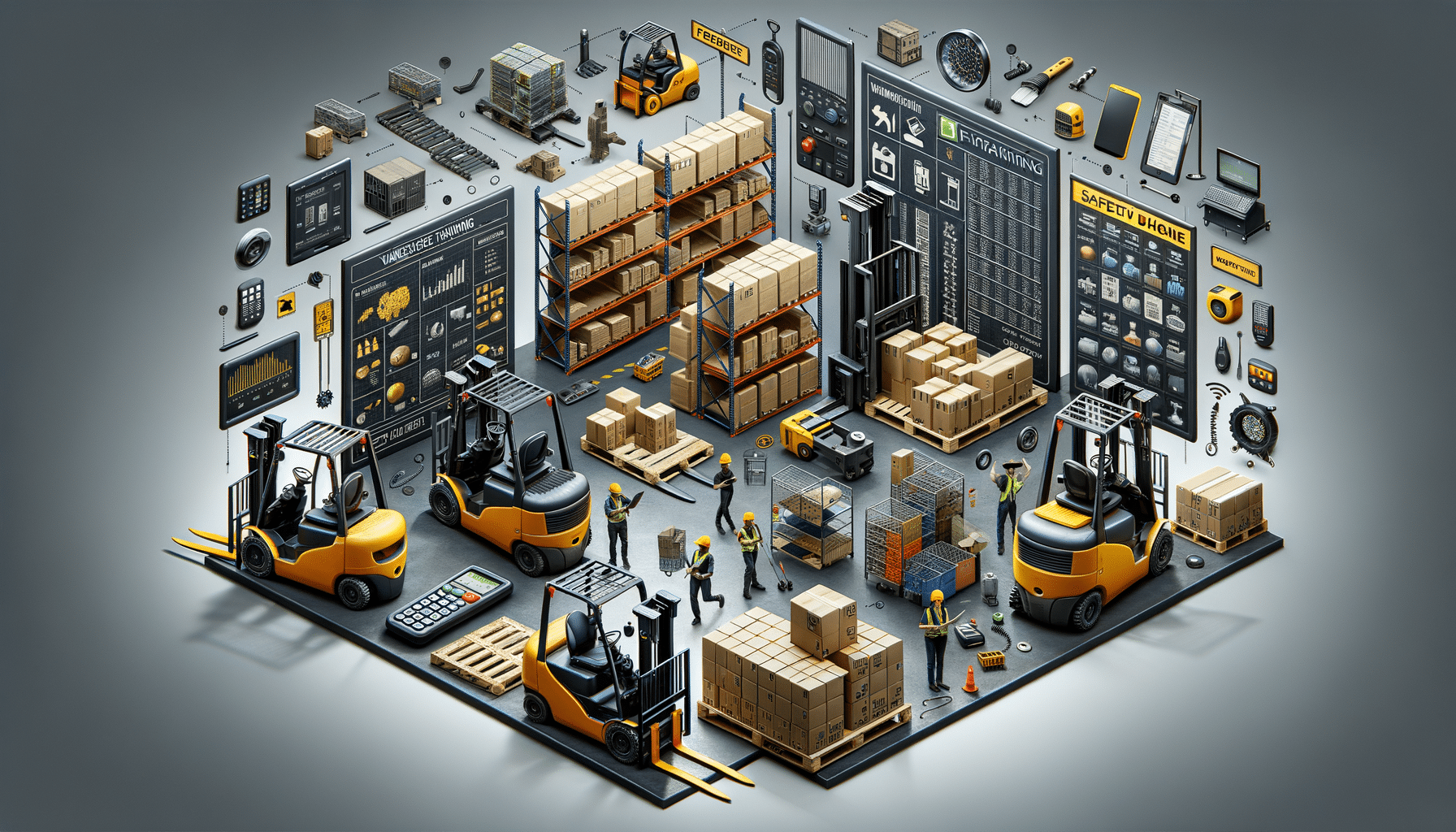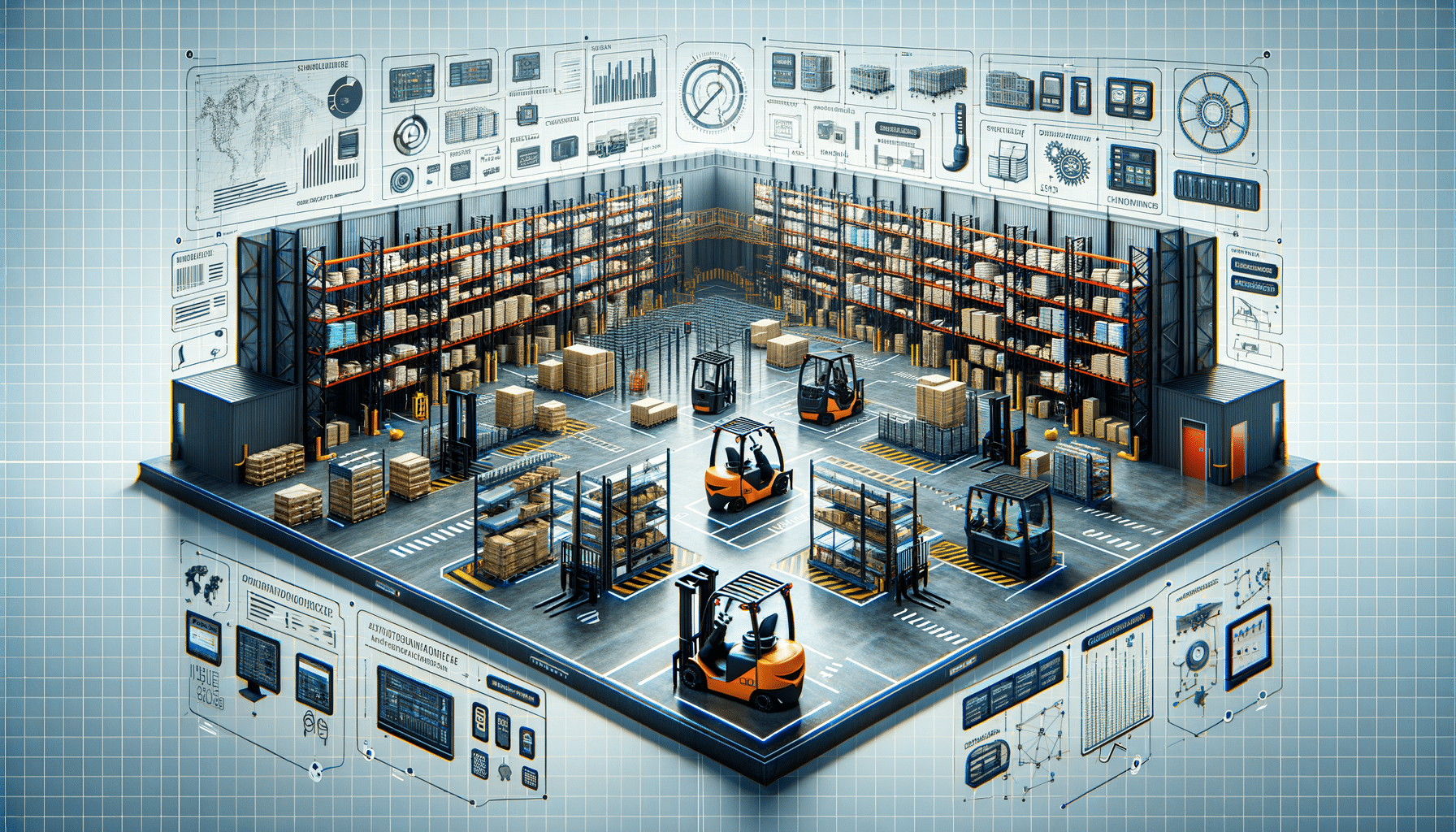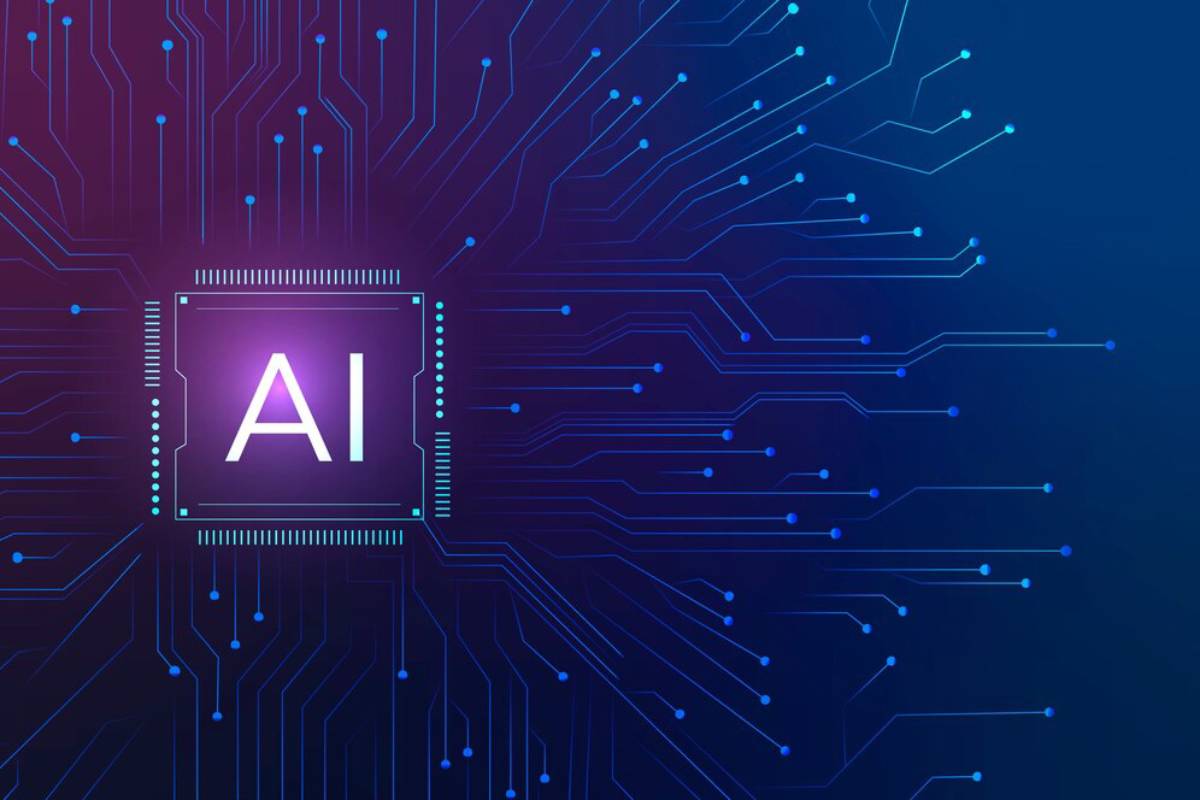
AI in Everyday Life: Practical Applications for 2025
AI in Everyday Life: Practical Applications for 2025
Artificial Intelligence (AI) is no longer just a buzzword or a futuristic concept confined to science fiction. It’s a very real part of our daily lives, subtly transforming how we live, work, and interact. As we move through 2025, AI has grown into a useful tool. It helps with many daily tasks. AI shapes our modern life. It helps with personalised shopping, advanced healthcare diagnostics, and smarter home automation.
In this post, we look at how AI affects daily life. We’ll cover popular and new applications. Also, we’ll discuss what to expect as automation and smart systems grow. If you love tech, have a hectic job, or just want to know about the future, it’s important to grasp the real-world value of AI in 2025.
The Integration of AI in Everyday Life
What Is Everyday AI?
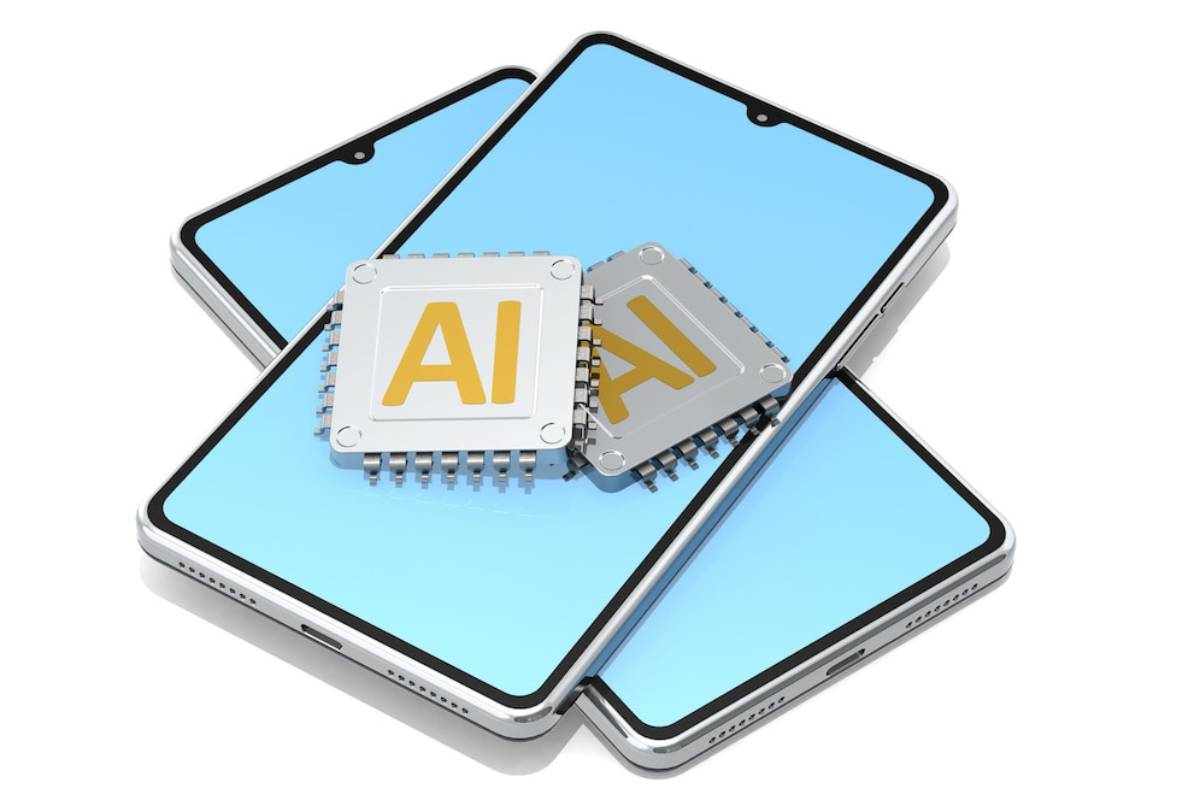
Everyday AI means artificial intelligence that is built into the tools, services, and platforms we use every day. These systems focus on being easy to use and accessible, unlike industrial or enterprise AI. They usually stay behind easy-to-use interfaces. They work quietly in the background to improve user experience.
Why It Matters in 2025
As AI becomes more accessible and affordable, it has shifted from novelty to necessity. In 2025:
- AI helps us manage time more efficiently.
- It makes personalised recommendations based on preferences.
- It improves safety and convenience at home and on the road.
- It supports mental and physical well-being.
These practical benefits are driving widespread adoption across demographics.
AI-Powered Home Automation
Smart Homes and Digital Assistants
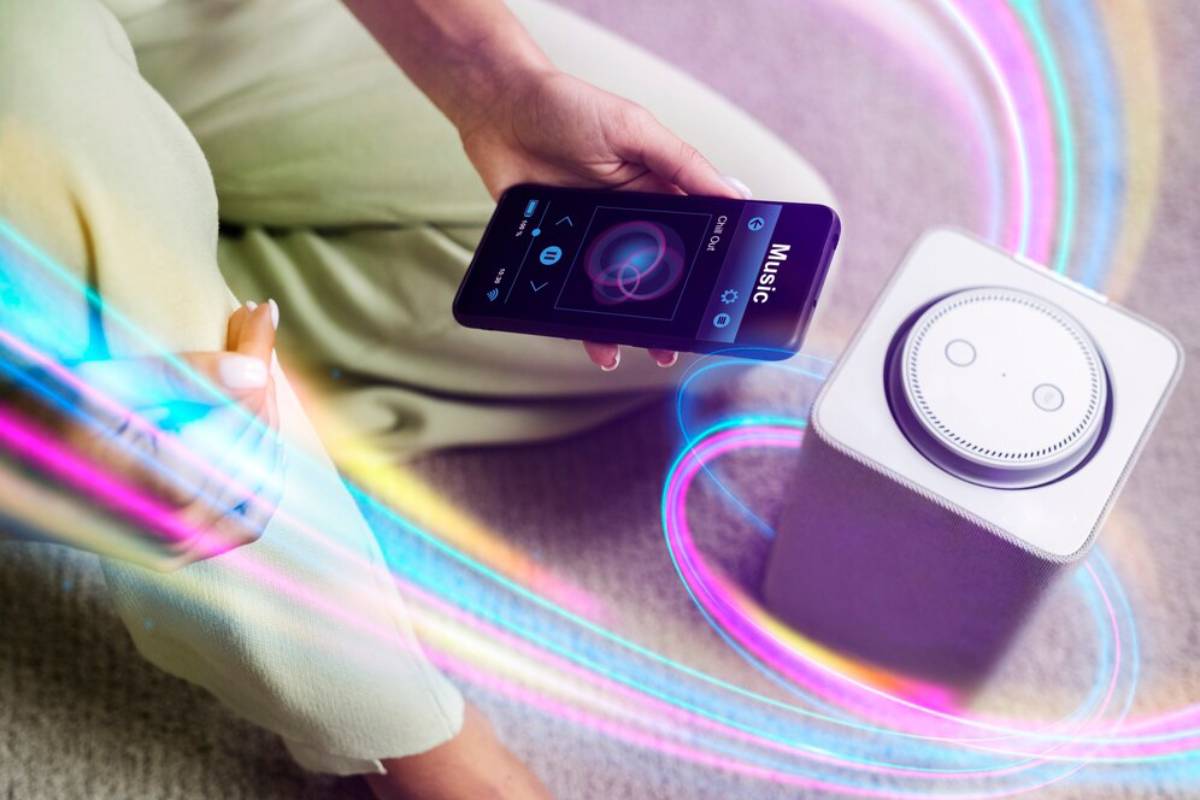
Smart speakers and voice assistants like Alexa, Google Assistant, and Siri are now common in homes. But in 2025, they are more capable than ever:
- Context-aware assistance: Devices can handle requests like, “Remind me to call Mum when I finish work.” They respond based on your schedule and location.
- Smarter routines: AI adjusts lighting and temperature. It learns from your daily habits.
- Home security: Facial recognition and motion detection provide enhanced surveillance and alerts.
Appliances That Think for You
AI-powered appliances offer convenience and efficiency:
- Fridges that track expiry dates and suggest recipes.
- Washing machines that detect fabric types and adjust cycles accordingly.
- Ovens that recommend cooking settings based on the meal type.
These tools not only save time but also reduce waste and energy consumption.
AI in Personal Productivity
Virtual Assistants
In 2025, virtual assistants will be much more than voice command tools. They’re deeply integrated with calendars, emails, and task managers:
- Scheduling meetings with automatic conflict resolution.
- Summarising emails and highlighting urgent items.
- Providing reminders tailored to productivity goals.
Smart Email and Document Management
AI tools like Grammarly, Notion AI, and Google Workspace make communication and teamwork easier.
- Auto-drafting emails based on tone and intent.
- Translating documents and emails in real-time.
- Suggesting edits for clarity, tone, and grammar.
These tools are especially helpful for remote workers and global teams.
AI in Transportation and Mobility
Smarter Navigation and Traffic Management
GPS systems now go beyond turn-by-turn directions. In 2025, AI will enhance real-time traffic monitoring and route planning:
- Detecting road hazards and suggesting safer routes.
- Predicting travel times with better accuracy.
- Offering multimodal options (e.g., combining public transport and ride-sharing).
Autonomous and Semi-Autonomous Vehicles
While fully self-driving cars aren’t yet the norm, AI plays a key role in modern vehicles:
- Lane-keeping assistance and adaptive cruise control.
- AI-based parking assistance.
- In-vehicle voice assistants for hands-free control of music, climate, and navigation.
AI in Healthcare and Wellness
Personal Health Monitoring
Wearable devices powered by AI offer real-time health insights:
- Smartwatches that monitor heart rate, sleep quality, and stress levels.
- Apps that provide personalised workout and nutrition recommendations.
- Early warnings for potential health issues based on continuous data.
Diagnostic and Treatment Support
AI is transforming diagnostics:
- Analysing medical images for signs of disease.
- Predicting patient outcomes with machine learning models.
- Supporting doctors in creating tailored treatment plans.
These advancements improve patient care and reduce the time needed for accurate diagnoses.
AI in Shopping and Personal Finance
Personalised Shopping Experiences
AI algorithms recommend products based on past purchases, preferences, and browsing behaviour:
- Virtual fitting rooms using AR and AI.
- Predictive shopping lists based on consumption trends.
- Chatbots that offer customer service and product advice.
Financial Planning and Security
AI helps manage money smarter:
- Budgeting apps that categorise spending and suggest savings strategies.
- Fraud detection systems that flag unusual transactions in real-time.
- Robo-advisors for investment planning based on risk profiles.
AI in Education and Learning

Customised Learning Paths
AI-powered learning platforms adapt to a student’s pace and needs:
- Identifying weak areas and offering targeted exercises.
- Providing instant feedback and performance tracking.
- Supporting inclusive learning with speech-to-text and translation tools.
Lifelong Learning with AI
Professionals benefit from AI-enhanced upskilling:
- Courses tailored to career goals.
- Micro-learning sessions delivered based on available time.
- Virtual tutors for complex subjects.
Ethical Considerations and Challenges
Data Privacy and Security
AI systems rely heavily on data. The more they know, the better they perform—but this raises privacy concerns:
- How is personal data stored and used?
- Are users aware of what’s being collected?
- What happens in case of a breach?
Transparency, regulation, and ethical AI development are vital.
Bias and Fairness
AI systems can inherit biases present in their training data. In 2025, developers and organisations are:
- Auditing algorithms for fairness.
- Promoting diverse data sets.
- Including human oversight in critical decisions.
Future Outlook: What’s Next for Everyday AI?
AI That Understands Emotion
A new wave of AI is becoming emotionally intelligent:
- Analysing tone and expression in communication.
- Providing empathetic responses in customer service and therapy bots.
Seamless Multi-Device Integration
AI is bridging the gap between devices and services:
- A smartwatch that syncs with your fridge, calendar, and car.
- Unified AI systems that understand context across platforms.
Conclusion: Embracing the AI-Powered Lifestyle
Artificial Intelligence in 2025 is not some distant promise. It’s already here, making life more efficient, safe, and personalised. AI helps make your day easier, from your morning routine to your bedtime wind-down. It streamlines tasks, improves decisions, and adds value to your life.
But embracing AI doesn’t mean handing over control—it means using smart tools to make better choices. AI can help you improve your productivity, boost your health, and manage your finances better. It’s like having a quiet, efficient assistant by your side.
As technology changes, being informed and open-minded will help you make the most of these innovations. So why not start exploring today? Dive into AI apps, try out automation tools, and see where a smarter lifestyle can take you.
Ready to upgrade your everyday life with AI? Start with one smart tool today and discover the difference it can make!
